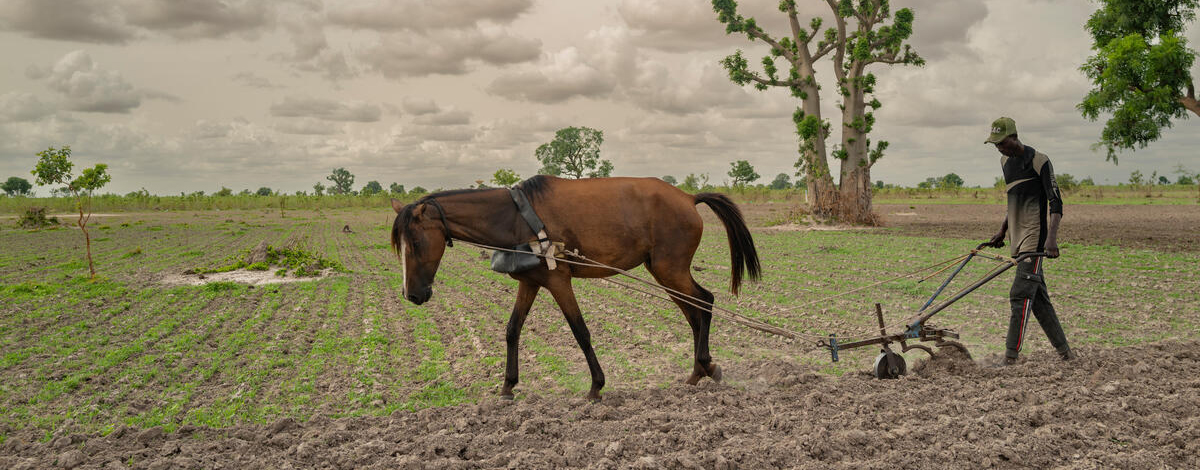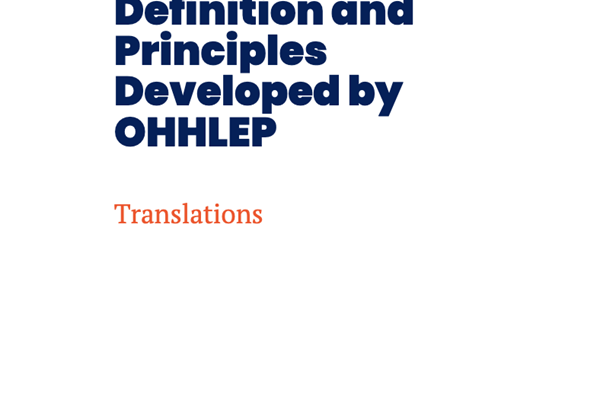One Health definition and principles

One Health definition
⦿ One Health is an integrated, unifying approach that aims to sustainably balance and optimize the health of people, animals and ecosystems.
⦿ It recognizes the health of humans, domestic and wild animals, plants, and the wider environment (including ecosystems) are closely linked and inter-dependent.
⦿ The approach mobilizes multiple sectors, disciplines and communities at varying levels of society to work together to foster well-being and tackle threats to health and ecosystems, while addressing the collective need for clean water, energy and air, safe and nutritious food, taking action on climate change, and contributing to sustainable development.
Key underlying principles include
1. equity between sectors and disciplines
2. socio-political and multicultural parity (the doctrine that all people are equal and deserve equal rights and opportunities) and inclusion and engagement of communities and marginalized voices
3. socioecological equilibrium that seeks a harmonious balance between human–animal– environment interaction and acknowledging the importance of biodiversity, access to sufficient natural space and resources, and the intrinsic value of all living things within the ecosystem
4. stewardship and the responsibility of humans to change behaviour and adopt sustainable solutions that recognize the importance of animal welfare and the integrity of the whole ecosystem, thus securing the well-being of current and future generations
5. transdisciplinary and multisectoral collaboration, which includes all relevant disciplines, both modern and traditional forms of knowledge and a broad representative array of perspectives.

